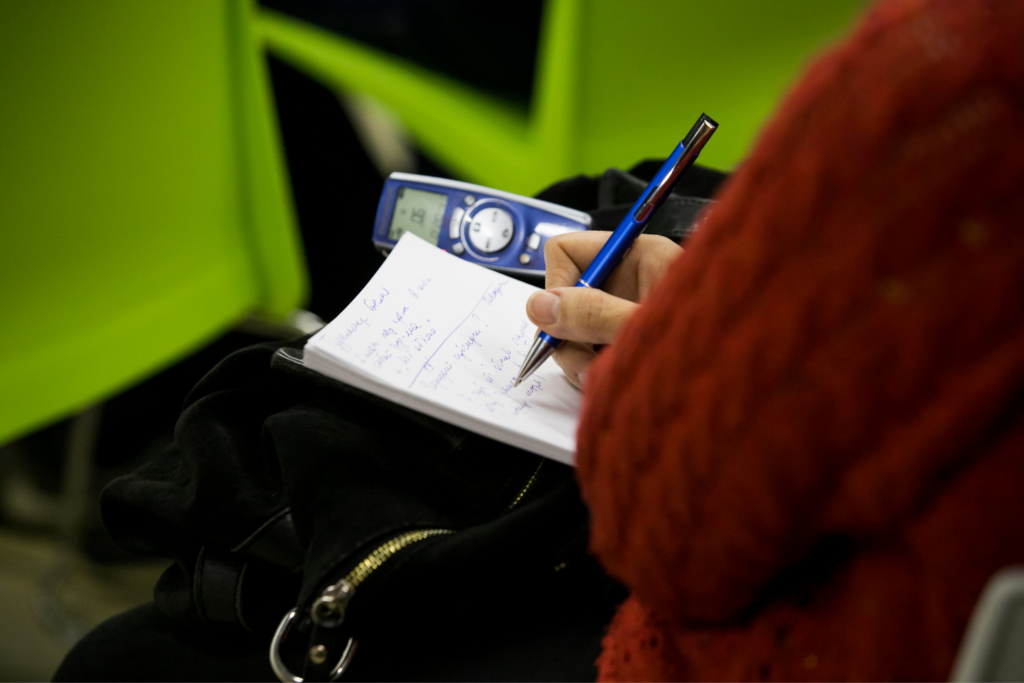The General Educational Development (GED) test is what people who don’t graduate from high school with a traditional diploma use to prove an equivalent understanding of high school level subject matter. Generally speaking, you will need to have at least a GED to obtain employment or gain entry into a college. If you’ve decided to take your next step forward in life by attempting the GED, then it is understandable that you may be a bit apprehensive about the task ahead of you. Don’t worry. You’re not alone. What’s more, is that there is plenty you can do to ensure your best chances of success. Here is everything you need to know about preparing for the GED exam:
In this post:
What to expect.
It helps to have a good understanding of what you are in for before you even begin preparing your study materials. You should know that the GED exam is comprised of five parts: writing (organization and essay), reading, social studies, science, and math. You must score at least a 450 on each part of the test (the average high school graduate earns a 500 score on each part), and the difficulty of each test part will be determined largely by what your strengths and weaknesses are as a student.
Study time.
There are a variety of study materials both online and in your local library that can help you prepare for GED success. Search the web for everything from study guides to practice tests, and don’t underestimate the importance of beginning your study time now, rather than later. Studies show that cram sessions are ineffective when it comes to retaining information for the test and performing well, so make it a point to make use of your study materials long before it’s time to sit for the exam.
Calm down.
Those pre-test jitters are more than uncomfortable; they are actually detrimental to your test performance. Don’t let test anxiety spoil your best chances of scoring your highest. There are practical measures you can take to calm yourself down before you sit at that desk. It is a good idea to sit in a quiet place where you can clear your mind for a 15 to 20 minutes pre-test. Put some headphones on, close your eyes, and listen to some calming music (nature sounds work well). Make it a point to breathe slowly and deeply, and to visualize yourself doing well on the test.
There really is not much more to it than that: Familiarize yourself with the test format, allow ample study time, and prepare your mind for optimal performance before you sit for the exam. Once you are confident that you’re ready to take this big step, search the American Council on Education website for a testing center near you.





